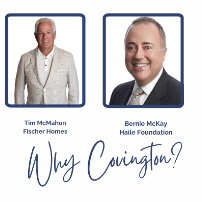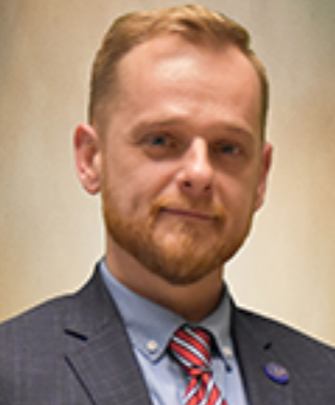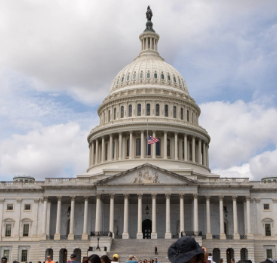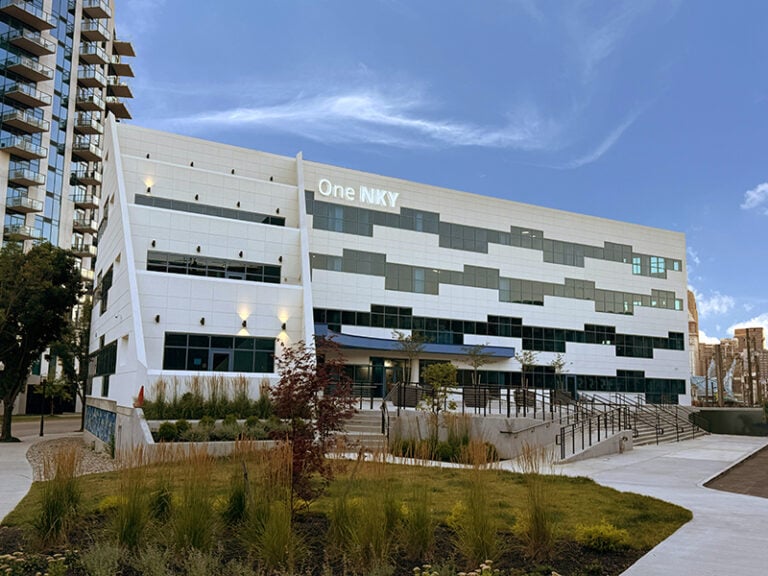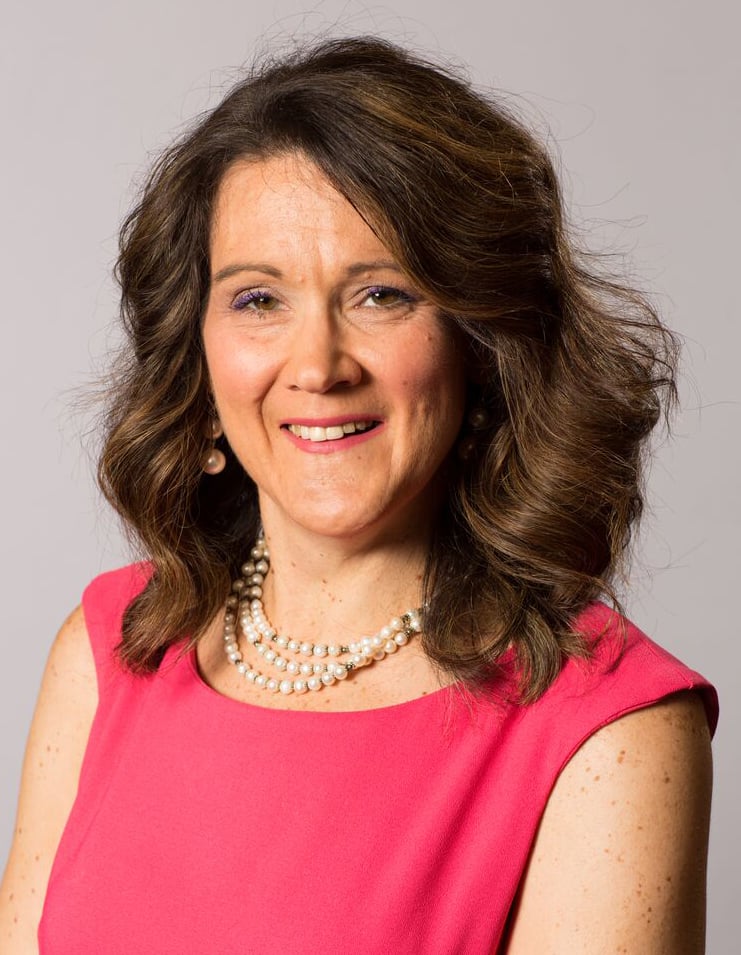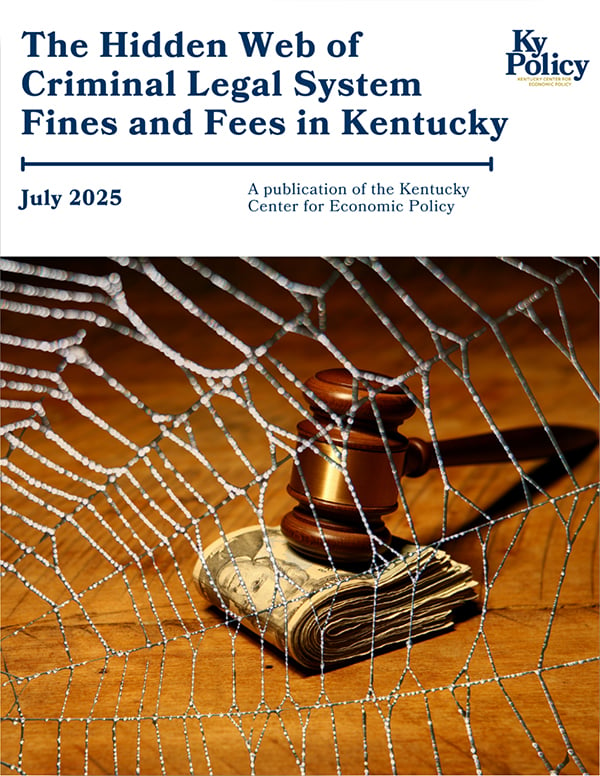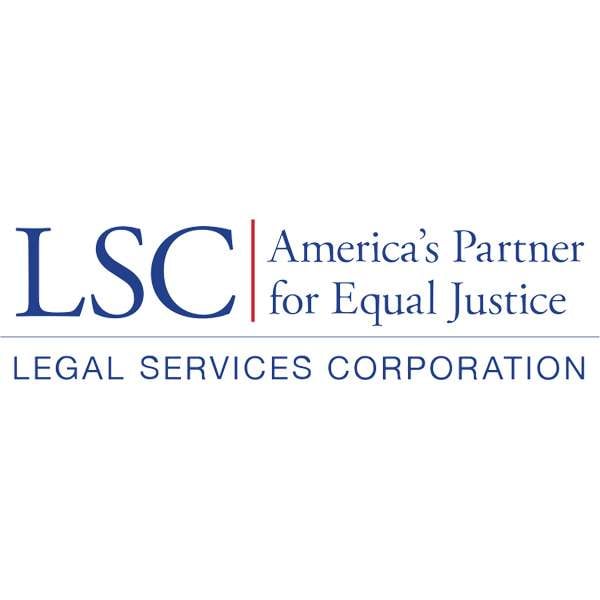Now that the final sale days of summer are behind us, this would be a good time to consider the real meaning of Labor Day. It might also be a time to think about our own sense of labor and the role it plays in bringing meaning to our life and well-being to our community.
A creation of the labor movement, Labor Day pays tribute to the contributions workers make to the strength, prosperity, and well-being of our country. The first Labor Day was held in New York City on Sept. 5, 1882. However, it wasn’t until 1894, when Congress passed legislation making the first Monday in September an official federal holiday, that it achieved nationwide recognition.
By that time, 23 states had already recognized Labor Day as a legal holiday.
Respect for workers and working conditions has evolved over the years; yet somehow it seems that many of us fail to acknowledge the true value of our labor, if not the type of labor, we are able to perform.
This may be particularly noteworthy when considered against the backdrop in which many individuals and communities find themselves today. The lack of local jobs, “qualified” workers, and a questionable work ethic all conspire to lessen the contributions we each can make. Compound the situation with the proliferation of substance abuse, addiction, incarceration, and the absence of stability in the home, and in the work place and it’s not difficult to see why too many of our friends, neighbors, and loved ones are faced with some level of anxiety, if not outright despair.
When bad things happen in our lives, it’s often easier to place the blame on someone else. However, to paraphrase William Shakespeare, “the fault, dear reader, may lie less in our stars than in ourselves.”
In that case, the answer may be found in how we view our situation and our “work,” our willingness to take responsibility for our actions, and how much we believe in ourselves. It may also rest in how much a community respects or disparages age and ability, and what it thinks about a person’s particular circumstances.
To many psychologists and sociologists, the need to be needed is thought of as a universal trait. It’s often defined as the sense of significance that comes from having a community, group, or individual that needs us.
Now think about this in terms of having a job–any job–and what that can do for one’s self-esteem. Even the most menial of tasks can take on new significance when viewed from the right perspective. There’s a certain sense of pride that comes from doing something well and being recognized and rewarded for our efforts.
Often the reward is monetary. Other times, it’s in the form of a thank you. Either way, it’s about doing something that can lead to a better outcome. It doesn’t matter whether that outcome is directed towards the reinforcement of our own self-worth, the betterment of another, or the wellbeing of our country.
Look no further than the city of Houston to see this in action. What is taking place in the wake of Hurricane Harvey is the embodiment of human nature, where one individual and many have come together in a time of crisis to make a difference. Whether we describe it as a labor of work or a labor of love, it doesn’t really matter. Each plays a part and all are needed.
Meaning and relevance in a person’s life are as necessary as the air we breathe. Yet too often, many of us fail to recognize our own significance simply because of barriers we place upon ourselves or others place on us. Creating more opportunities, not less, at any stage of a person’s life can mean the difference between adding to or detracting from the greater good.
If you knew that you might live to be a hundred and the opportunities were there, would you do anything different than what you’re doing now? Would you follow a dream? Pursue a passion? Change careers? Change direction? Give yourself permission to take a second chance?
That’s what organizations like Third Age, Encore.org, Experience Corps, Second Chance, Generations United, the Corporation for National and Community Service, AARP, the Senior Community Service Employment Program, and public libraries are encouraging. They are among a growing number of organizations that believe a person’s value does not diminish with age nor should anyone be denied the opportunity to contribute to the greater good.
Jeff Rubin is an advocate, adviser, and upcoming author on community and aging issues. He has spent over 20 years as a director and facilitator of community service programs at the local, state and national levels. An advocate for “Age-friendly” and “Livable” communities, Mr. Rubin is currently working to advance these initiatives statewide in Kentucky, and invites your comments, involvement, and support. He can be reached at Jeffrubin515@gmail.com.







